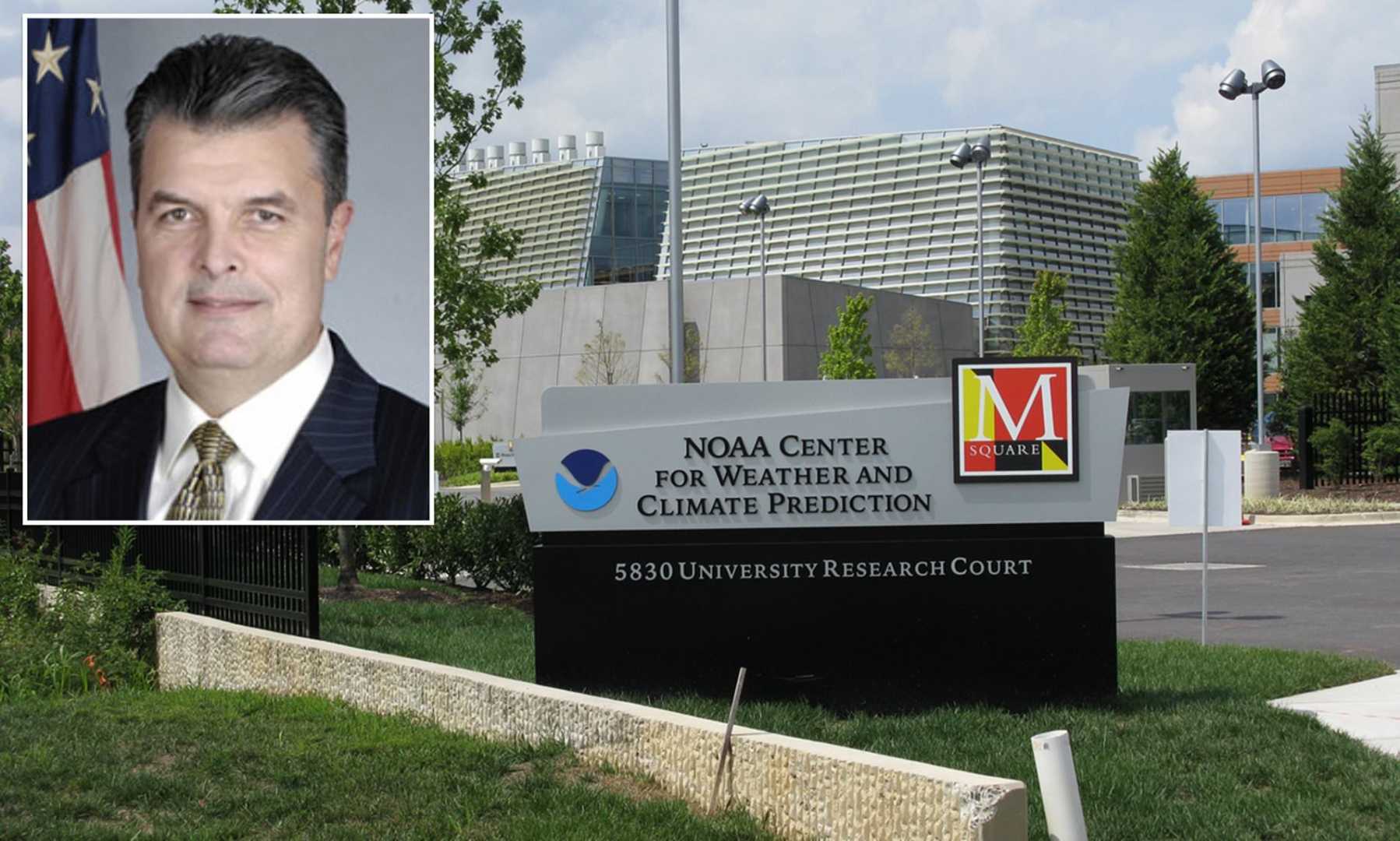News
NOAA’s Erik Noble Returns Amid Staff Cuts and Controversy

WASHINGTON, D.C. — Erik Noble has returned to the National Oceanic and Atmospheric Administration (NOAA) as the agency faces significant staff layoffs and budget cuts proposed by the Trump administration. Noble, 45, previously served as a senior adviser during Trump’s first term and is once again positioned as the White House’s primary liaison to NOAA.
Noble’s reappointment comes at a crucial time as NOAA is tasked with managing both its operational budget and controversial climate policies. As part of his role, he will oversee operational changes that include the cancellation of contracts, staff reductions, and scaling back NOAA’s research initiatives.
“We are ensuring that all contracts undergo thorough evaluation according to federal guidelines,” said NOAA spokesperson Kim Doster. “Our aim is to eliminate duplicative work and prioritize essential services for the benefit of taxpayers and the scientific community.”
During his previous tenure, Noble was often referred to as the “eyes and ears” of the White House within NOAA, monitoring agency activities and influencing decision-making. Former officials have described him as a polarizing figure who facilitated significant decisions affecting the agency’s scientific integrity, including the dismissal of its chief scientist.
“His reputation certainly precedes him, and it’s not necessarily an impressive one,” noted Rick Spinrad, NOAA’s administrator under the Biden administration, commenting on Noble’s contentious past.
Noble’s strategies have drawn criticism for their perceived alignment with the political directives of the Trump administration, particularly concerning climate science. Environmental advocates argue that his return signals an ongoing political interference in NOAA’s mission to provide unbiased scientific data.
Under Noble’s influence, NOAA has reportedly delayed the establishment of new fishing quotas, impacting the scallop fishery in the Northern Gulf of Maine. Fishermen in the region are currently prohibited from harvesting scallops until revised catch limits are set. This indefinite closure has raised concerns over economic repercussions for fishing communities.
“The Gulf of Maine scallop fishery is poised to take a big economic hit due to these delays,” expressed Meredith Moore, senior director of the fish conservation program at the Ocean Conservancy.
Moreover, as NOAA prepares for the next National Climate Assessment slated for release by the end of 2027, there are questions about the scientific validity of the research being prioritized under Noble’s leadership. The Trump administration has reportedly expressed interest in producing a version of the assessment that focuses on the purported “benefits” of rising greenhouse gas emissions.
Since taking office, Noble has been involved in reviewing NOAA’s contracts, a process viewed by some as a means to assert control over scientific research within the agency. Critics, including former officials, argue that inexperienced political appointees lack the necessary expertise to make informed decisions regarding scientific operations.
Craig McLean, a former NOAA scientist, commented on the precarious situation, stating, “There isn’t a single part of NOAA that doesn’t have a reliance on commercial contracts for essential services. It’s a critical landscape.”












